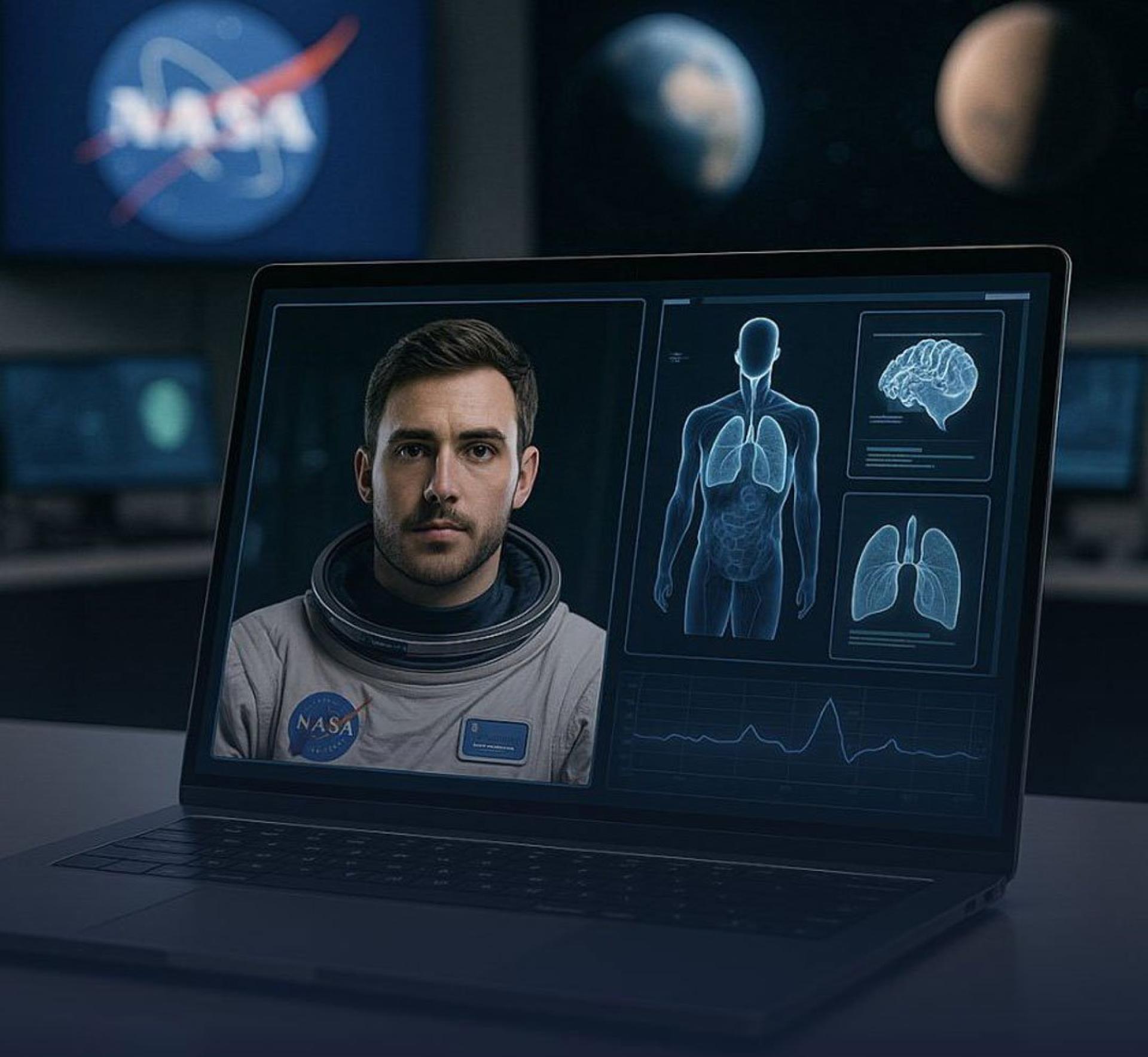The 'artificial intelligence (AI) space doctor' from science fiction movies is becoming reality.
On its official blog, Google announced that it has teamed up with NASA to develop an AI medical assistant for space missions, capable of providing real-time health diagnosis to astronauts even when remote medical support is unavailable.
Google and NASA have collaborated to develop a multimodal AI model called the 'Crew Medical Officer Digital Assistant.' A prototype has already been developed, utilizing cutting-edge natural language processing and machine learning technologies, and trained on spaceflight-related literature to analyze astronaut health status and performance in real time. Its primary goal is to support the work of medical officers in astronaut teams; when astronauts are unable to contact medical personnel, the 'Crew Medical Officer Digital Assistant' can help them diagnose symptoms independently and administer appropriate treatment.
The 'Crew Medical Officer Digital Assistant' has so far been tested in three scenarios: ankle injury, flank pain, and ear pain. A review panel composed of three doctors (one of whom is also an astronaut) gave it a comprehensive evaluation. Results show the diagnostic accuracy of the 'Crew Medical Officer Digital Assistant' is relatively high: about 74% for the assessment and treatment plan in the flank pain scenario, around 80% for the ear pain scenario, and up to 88% for the ankle injury scenario.
Google and NASA are working with doctors to test and optimize the model, aiming to enhance astronauts' ability to manage their own health during future space exploration missions. The 'Crew Medical Officer Digital Assistant' may not only be used in future space missions, but could also provide medical services to people in remote areas on Earth.
